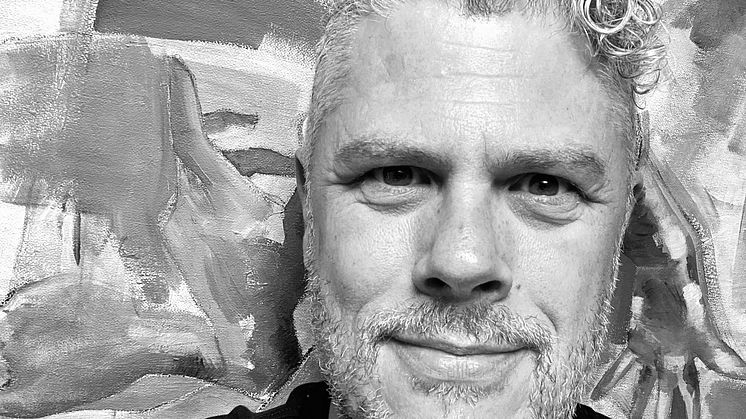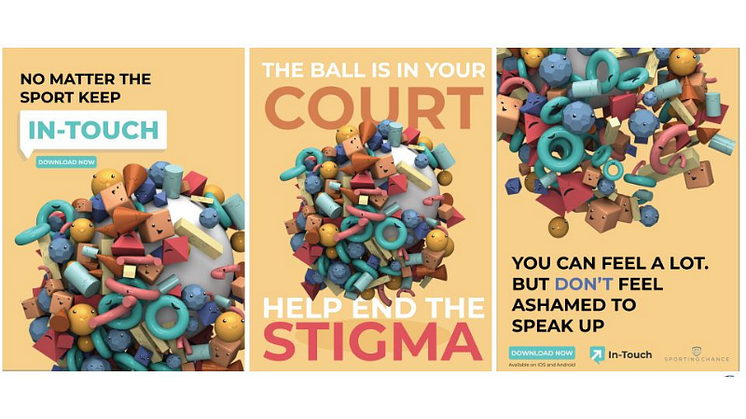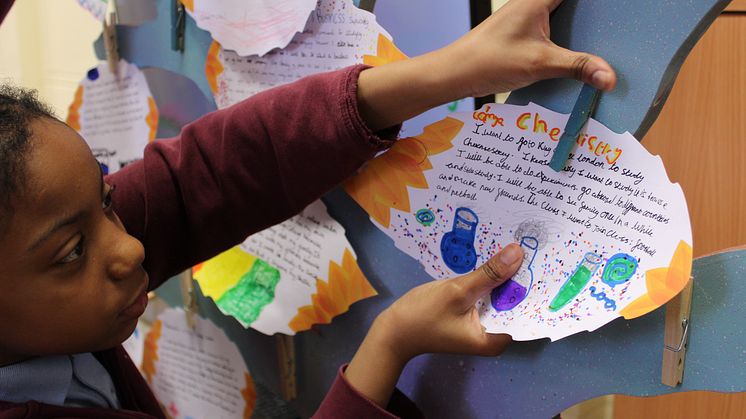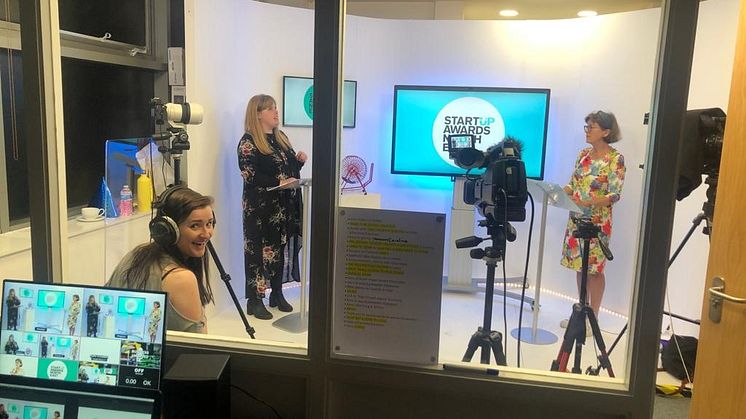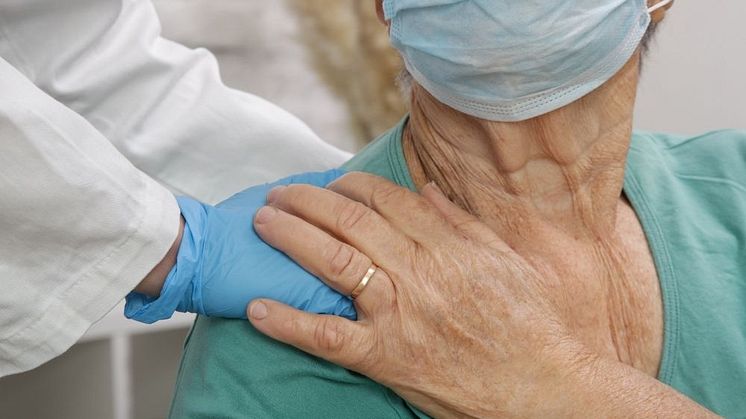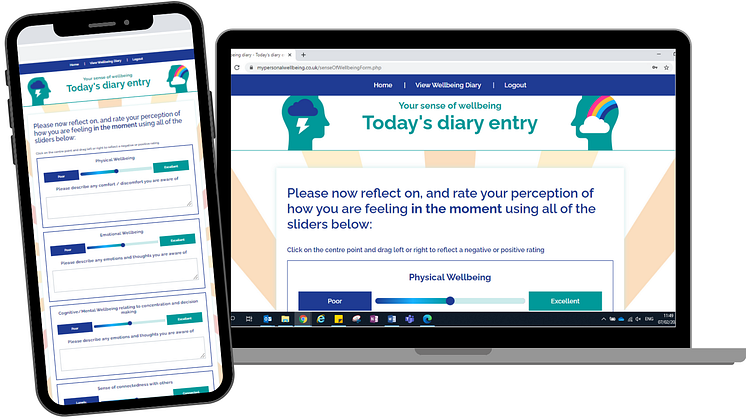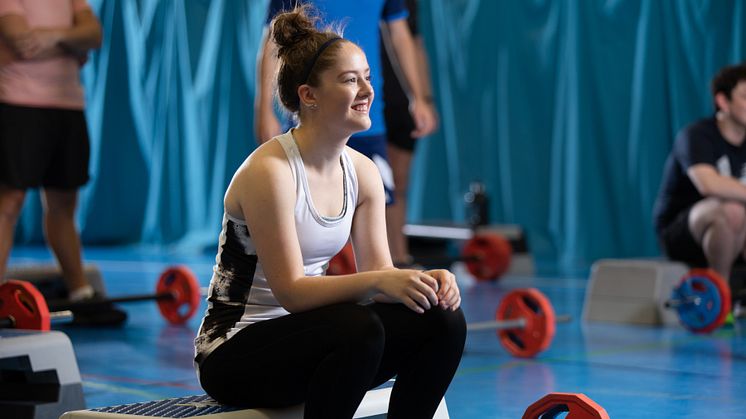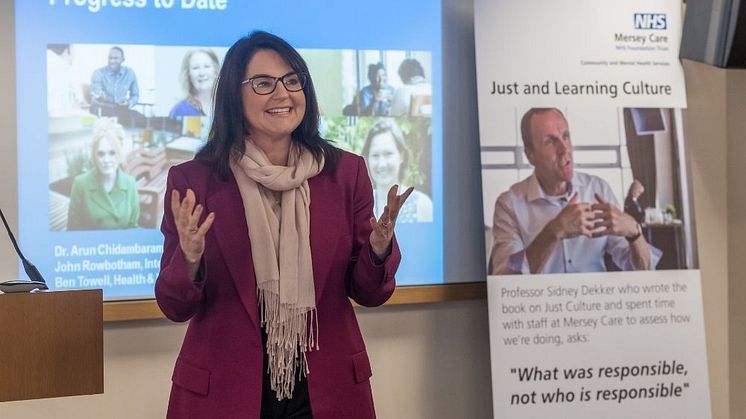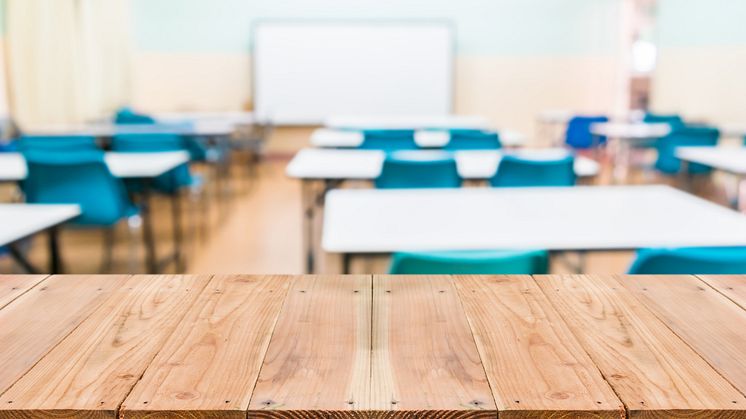
Press release -
Northumbria academics support teenagers to take the lead in wellbeing research
Empowering young people to help shape the future of health and wellbeing services by equipping them with their own research skills, is the focus of a project supported by Northumbria University academics.
Dr Ian Robson and Dr Emily Henderson, from the University’s Department of Social Work, Education and Community Wellbeing, began working with teenagers in Cumbria last year to design and conduct their own research projects, and then prepare and present their findings.
Funded by the National Institute of Health Research (NIHR)Applied Research Collaboration (ARC) North East and North Cumbria (NENC), the project involves Northumbria staff working with Professor Kaz Stuart and Ruth Browning from the University of Cumbria, a group of 35 young people from William Howard School Sixth Form in Brampton and eight members of the Carlisle Youth Zone youth project.
The findings aim to benefit organisations, practitioners and policy makers across the North East and North Cumbria area by helping them to understand the support young people want and how they want to access it, as well as understand the value of engaging young people in service design.
Dr Robson said: “Our department values approaches to research that build trusting relationships and promote social justice.
“It’s at the heart of what we do and this is one example of the work we can do with people experiencing and working in health, education and care services.”
A research method called ‘participatory action research’ used in this project is also promoted by the Department of Social Work, Education and Community Wellbeing in other areas and populations. It places the communities and groups that could be impacted by a research project, at the centre of that research.
Some of the first pieces of work from students at the William Howard School have already been published, covering topics including self-image and wellbeing in lockdown. The students have now shared their findings with a wide audience from across the region, during an online presentation and celebration event.
The focus on self-image revealed society, communities, media and individual psychology all played a part in the complex phenomenon. Recommendations from the students suggest several opportunities for change which could help to improve self-image, including education on the factors that might lead to poor self-image.
Asking questions about the impact of online learning during the pandemic, the research on wellbeing in lockdown found that many of the students, during a critical point in their education, experienced a lack of motivation, excessive stress and a dread of workload.
Subjects such as girls playing football, homophobia, racist abuse, music and medication for chronic mental health issues have all emerged as important issues for young people in the second project, which involved young people from Carlisle Youth Zone.
Across the course of a week, the group at Carlisle Youth Zone reflected on their own experiences to generate insights for research through the development of an innovative multimedia installation and film.
Dr Robson added: “Young people are showing us just what they can do when they are supported to contribute their insights in creative ways, and are taken seriously.
“We look forward to sharing their insights on the issues along with further resources in terms of tool kits and research papers.
“This project was able to flourish despite the impact of Covid-19. We would like to thank young people who responded creatively in the face of challenges such as online-only contact at key points of the project.”
The project has also merited the Dialogue and Change Award from Investing in Children, for enabling young people to lead the research.
Alongside the project work, the academic team have been looking at the process of youth participatory research, and have produced a set of resources to support the delivery of more youth led research and co-production regionally and nationally.
They are also working with the National Youth Agency to produce a national certificate for young researchers.
Northumbria’s Department of Social Work, Education and Community Wellbeing takes commissions from partners who want to research and evaluate aspects of their own activity. Discover how you can work with our expert academics to enhance your organisation.
Topics
Categories
Northumbria is a research-rich, business-focused, professional university with a global reputation for academic excellence. Find out more about us at www.northumbria.ac.uk --- Please contact our Media and Communications team at media.communications@northumbria.ac.uk with any media enquiries or interview requests ---







